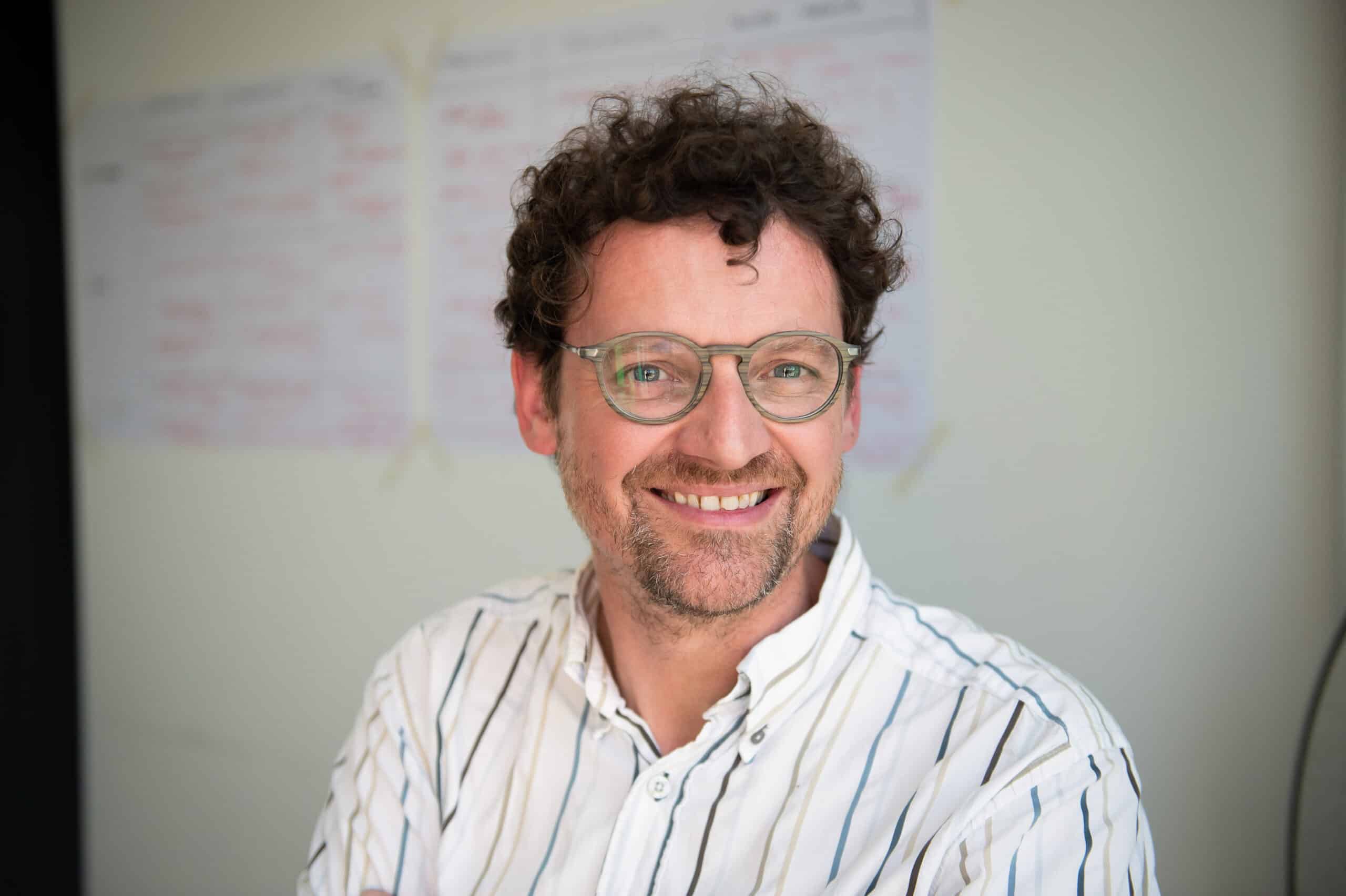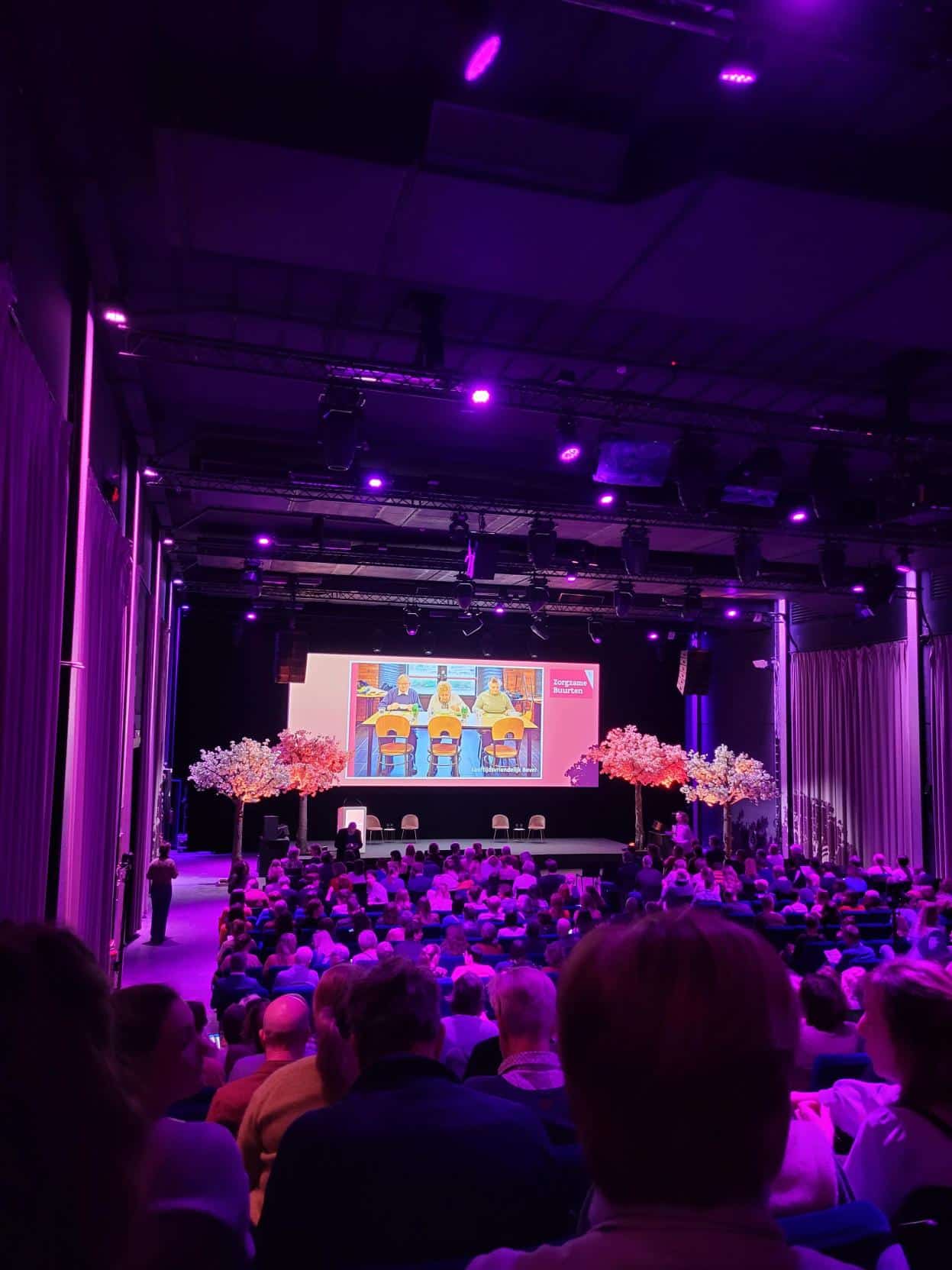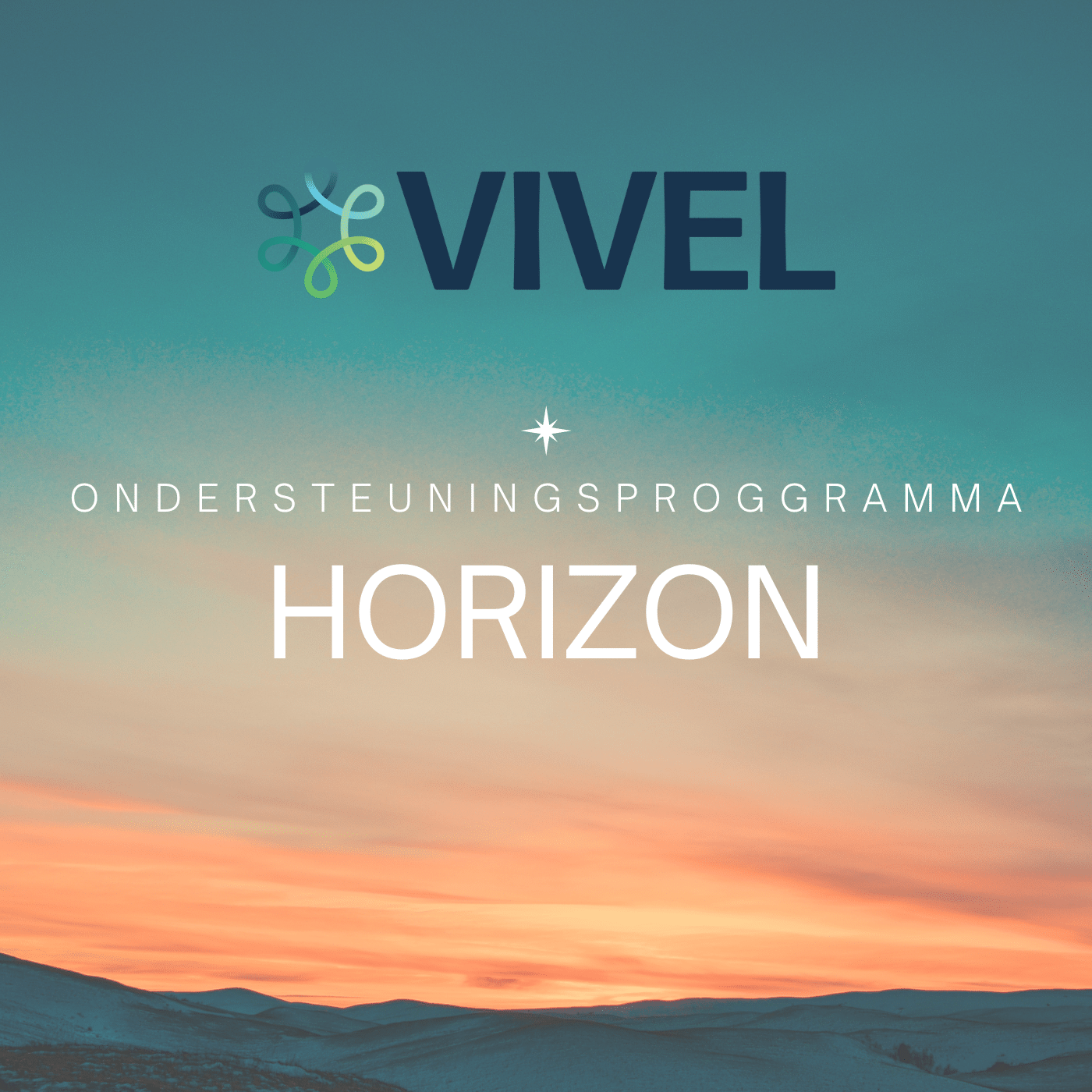Double interview: the Flemish Mantel Care Plan in full swing with "#Dahadikeffenodig!"
Last month, the Flemish Expertise Point Mantelzorg and the mantel care associations launched the #dahadikeffenodig campaign, aimed at recognizing and valuing more than 2 million informal caregivers in Flanders. As part of the Flemish Mantelzorg Plan, the campaign addresses the general public, businesses, schools and care professionals for a year. Using concrete examples and tips, #Dahadikeffenodig calls on them to help care for informal caregivers. The revamped website www.mantelzorgers.be provides the support point.
We talked with Karel Hermans, spokesperson and coordinator of the Flemish Mantelzorgplan, and Merel Thiers, in charge of the communication plan. We talk about the plan, the objectives and future actions.


Karel, what inspired the design of the Flemish Informal Care Plan?
The design of the Flemish Mantelzorgplan is the result of a thorough research and collaboration process. We collaborated with the Academy for the Primary Care and involved more than 1,000 people through online surveys, focus groups with informal caregivers and stakeholder meetings. The goal was to build sufficient support for the plan to be supported by various policy areas and the wider community.
How will this plan improve recognition and acknowledgement of family caregivers?
The recognition and acknowledgement of family caregivers is central. We are launching projects with an awareness-raising component, targeting education, employers and professionals in care and welfare, in order to increase attention to family caregivers and subsequently support for them. The plan embraces the diversity within informal care, engages stakeholders from different sectors, and focuses on connection and collaboration. We note that there is a great willingness from different quarters to put the topic of informal care on the map.
What are the biggest challenges facing family caregivers today and how does the plan address them?
Informal caregivers face several challenges, such as finding access to information and support, combining care with work or study, or becoming fully involved in caregiving. Although we cannot solve all the problems in this timeframe, we focus on projects where we can make a difference: around psychosocial support, supporting informal caregivers in the workplace and in education, involving informal caregivers during critical moments in the care process, and informing through informalcaregivers.be.
How are family caregivers involved in decision-making?
Informal caregivers play an active role in the development and implementation of the plan, through representation by informal care associations and participation in focus groups. They contribute to policy-making and project development, for example through input in setting up a family care-friendly environment in schools, companies, care institutions... Finally, many family caregivers bring their testimony in the context of our campaign and thus contribute to raising awareness.
How does the plan facilitate the combination of care and work?
The project '(re)recognizing informal caregivers in the workplace' organizes information sessions for employers and unions, among others. Companies can follow a free course for the implementation of a tailored informal care policy and can afterwards take on an ambassadorial role in the campaign. In addition, we are developing the "Care Leave Boutique," an online tool for informal caregivers to find the best suited leave system. This benefits not only the caregiver, but also the employee.
Merel, you are the communications officer. How does the #dahadikeffenodig campaign aim to change the perception of informal care?
The campaign aims to make caregivers visible in our society and promote support. Sometimes this is as simple as asking how they are doing, or taking over care for a few hours. Beyond those "small" gestures, it is also about actively involving family caregivers in the care and support process, or providing them with appropriate support in the workplace or at school. Thus, the campaign makes the connection to the projects in the informal care plan. Being able to attend a meeting from home or being allowed to take an exam at a different time: these are the things that informal caregivers "just need" to keep doing what they do.
What's new on the mantelzorgers.be website?
We revised the website to more efficiently direct family caregivers to the right information and support. A user survey helped us identify key information needs, which led to content restructuring. We added a UiT activity calendar and an overview of psychosocial support for family caregivers, and as icing on the cake, we redesigned the website.
What are the main communication projects this year?
In addition to the general public campaign, we are planning campaigns aimed at employers (March), educational institutions (April), young family caregivers (October), and professionals in care and welfare (ongoing). Throughout the year, we draw attention to informal care by responding to current events. We also plan a campaign on Mantelzorg Day on June 23.
Can people and organizations help spread the word about the campaign?
Definitely! You can help by spreading the message and campaign materials through your channels. You can find everything at www.mantelzorgers.be
What any organization can certainly do:
- For the project '(H)acknowledgement of young family caregivers, we are mobilizing education in October. Do you know a local educational institution (secondary or higher) that might be interested in raising awareness or running a track on the theme? Then give us a call at merel@vivel.be
- The project '(H)erkenning van mantelzorgers op de werkvloer' is still looking for companies (profit, non-social sector) that want to participate in a free project on informal care-friendly personnel policy. Do you know any companies that might be interested? Please let us know via merel@vivel.be.
- Provincial inspiration sessions for hospitals and primary care are being organized for the project "Involving caregivers in pivotal moments". Once the date and location for your province is known, you can attend and/or spread the word. We will be happy to keep you informed!
- Finally, do you know a family caregiver with an inspiring story? A great testimonial that we can put to use? Be sure to let us know at merel@vivel.be.
Contact
Questions about a particular topic? Fill out the form below and contace us.


